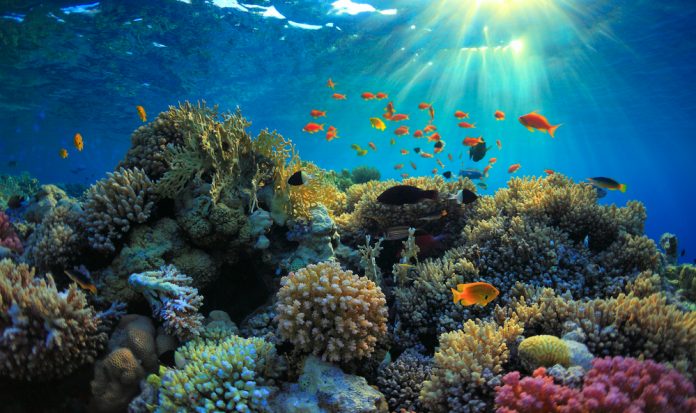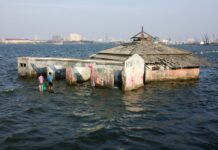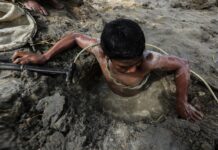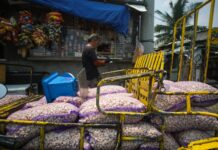Countries near the Coral Triangle, like Malaysia, Indonesia, and the Philippines, are following new guidelines to save the marine life in their waters
Text Lim Jun Xi
A UNESCO-led initiative launched earlier this year could prove a shining beacon of hope for besieged marine ecosystems like Asia’s Coral Triangle. 2021 to 2030 heralds the Decade of Ocean Science for Sustainable Development, which encourages the collation of research data worldwide and teaches coastal communities the economic benefits of sustainable ocean management. Aside from data, the initiative will see pooled international research resources like satellites and observation platforms for common use.
Coastal communities bordering the Coral Triangle are situated in developing countries – like Malaysia, Indonesia, and the Philippines – that lack the scientists and equipment to perform research and implement reef protection measures compared to their richer counterparts. UNESCO’s initiative, if performed dutifully, will empower these countries to reach breakthroughs, like new ocean management techniques, that could turn the tide against global warming.
Many Asian countries such as Malaysia, Papua New Guinea, and Indonesia have a stake in the Coral Triangle, which is the sole source of livelihood for their coastal communities. In addition, reefs in the Coral Triangle protect these lands from natural disasters like typhoons and tsunamis. The Coral Triangle also holds research value for the global community, since it hosts the greatest number of of fish and coral species in the world.
Related: Unfinished Business
Related: To Feed or Not to Feed
Related: A Sustainable Safety Net











